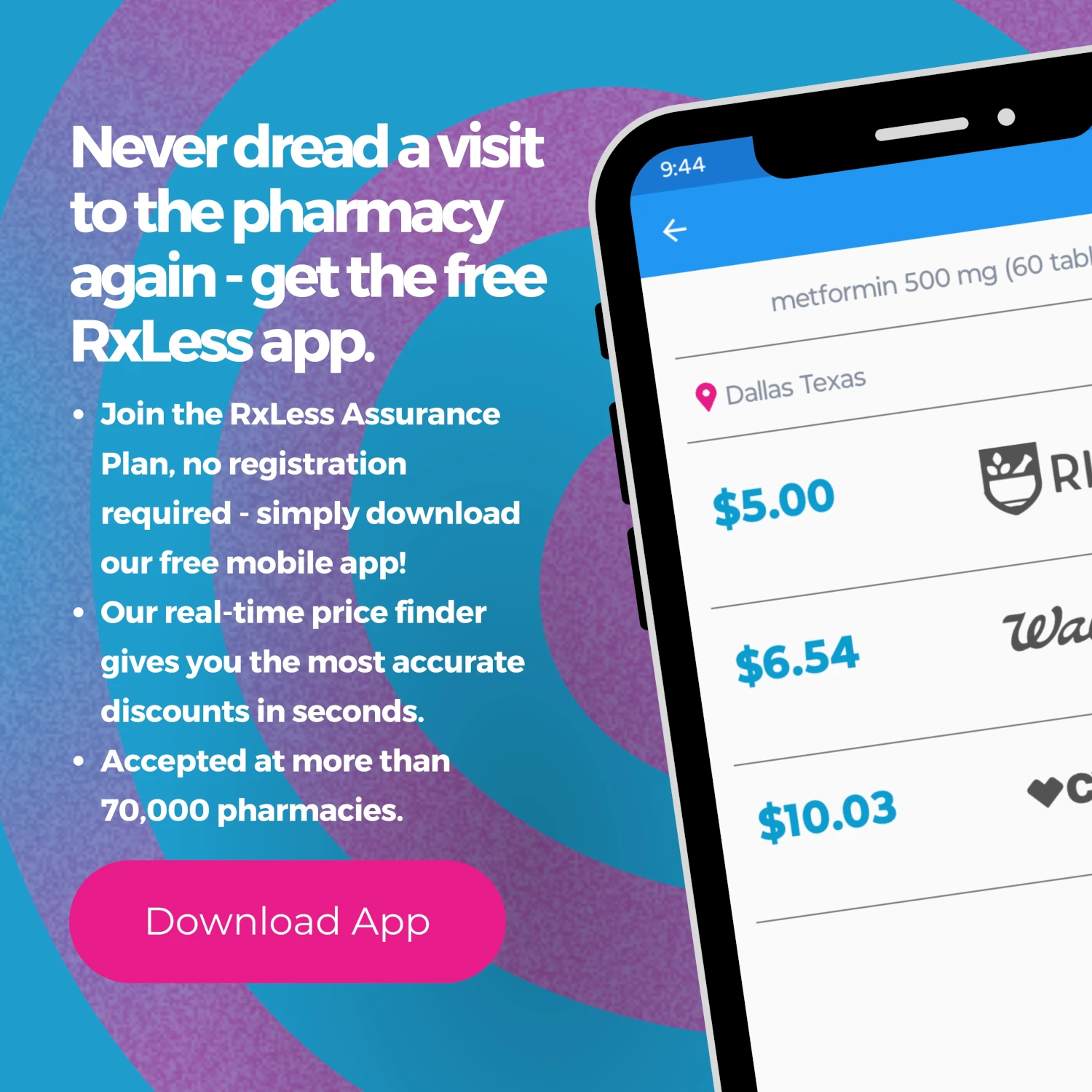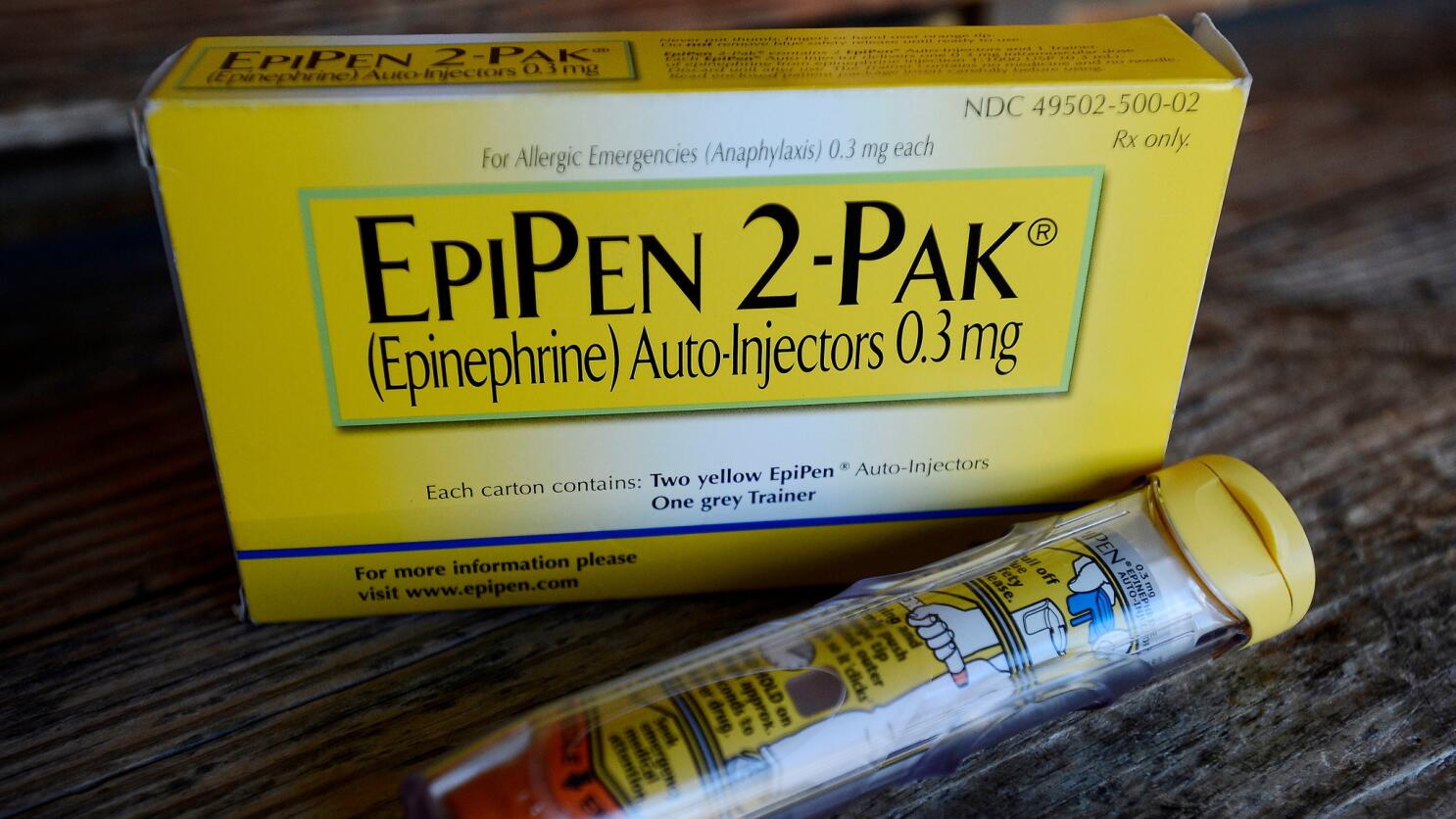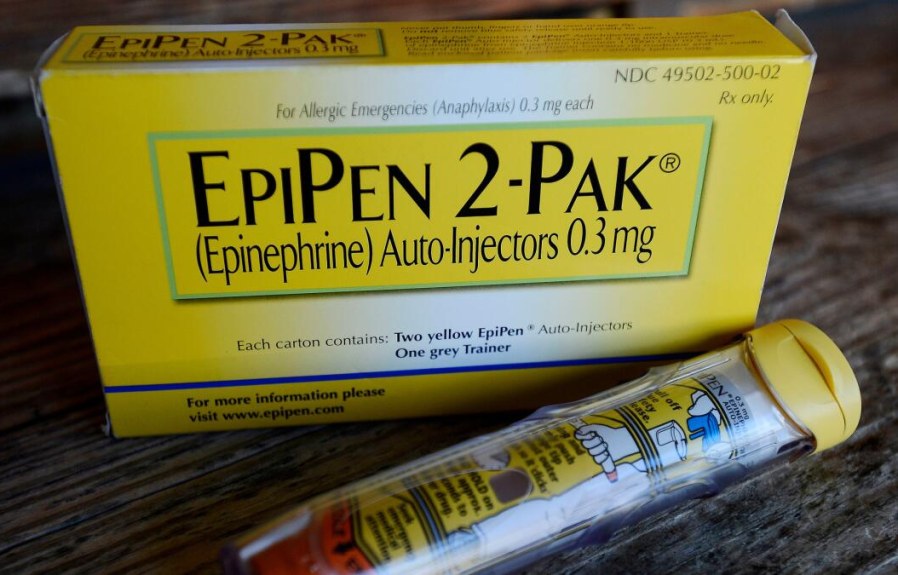Yes, insurance typically covers Epipen, but coverage may vary depending on individual policies and insurance providers. Epipens are life-saving devices used to treat severe allergic reactions including anaphylaxis.
They contain a medication called epinephrine, which can reverse symptoms and stabilize the person until they can receive medical help. Many insurance plans cover the cost of Epipens, but the coverage specifics may differ. Some insurance plans may require a co-payment or deductible, while others may cover the full cost.
It is important to check with your specific insurance provider to understand your coverage and potential out-of-pocket expenses for Epipen.
The Cost Of Epipen
The cost of Epipen can be a significant concern for individuals who rely on this life-saving medication. Understanding how expensive Epipens are and the factors affecting their cost is crucial for those seeking this essential treatment.
How Expensive Are Epipens?
Epipens can vary in price depending on various factors, with the average cost ranging between $300 to $600 for a pack of two pens.
Factors Affecting Epipen Cost
- Brand: Different brands of Epipen may have varying costs.
- Insurance Coverage: Insurance plans can impact the out-of-pocket expenses for Epipens.
- Retailer: The price of Epipens can differ between pharmacies and online suppliers.
- Dosage: Higher dosage pens may be more expensive.
- Generic vs. Brand Name: Choosing generic alternatives can affect the cost.
Insurance Coverage
When it comes to managing a life-threatening allergy, having an Epipen can be a lifesaver. However, the cost of Epipens can be a concern for many individuals. Luckily, insurance coverage can help alleviate some of the financial burden. In this article, we will explore the types of insurance that cover Epipens and provide an understanding of co-pays and deductibles.
Types Of Insurance That Cover Epipens
If you have health insurance, it’s important to know whether it covers the cost of Epipens. The good news is that most health insurance plans do provide coverage for this essential medication. There are several types of insurance that commonly cover Epipens:
| Insurance Type | Coverage Details |
|---|---|
| Private Health Insurance | Many private health insurance plans cover Epipens, although the coverage specifics may vary. |
| Medicaid | Medicaid, a government-funded program for low-income individuals, typically covers the cost of Epipens. |
| Medicare | Medicare, a federal health insurance program for seniors, also provides coverage for Epipens. |
If you are unsure about whether your insurance plan covers Epipens, it is best to consult with your insurance provider directly to understand your specific coverage details.
Understanding Co-pays And Deductibles
When it comes to insurance coverage, it’s important to have a clear understanding of co-pays and deductibles. Let’s break down these terms:
- Co-pays: A co-pay is a fixed amount that you pay out-of-pocket when filling a prescription. For example, if your co-pay for an Epipen is $20, you would only have to pay $20 for each prescription refill, and your insurance would cover the rest of the cost.
- Deductibles: A deductible is the amount of money you must pay before your insurance coverage kicks in. Once you have met your deductible, your insurance will typically cover a percentage of the remaining costs. For example, if you have a $500 deductible and the cost of an Epipen is $300, you would have to pay the full $300 until you reach your deductible limit.
It’s important to review your insurance plan to understand your specific co-pays and deductibles for Epipens. By knowing these details, you can accurately estimate the financial responsibility associated with this essential medication.
Navigating Coverage
EpiPens are life-saving devices used to treat severe allergic reactions. However, the cost of these essential medical tools can be a concern for many individuals. Navigating insurance coverage for EpiPens is crucial for ensuring access to these vital treatments. Understanding your insurance policy and the prior authorization process is essential to ensuring comprehensive coverage for EpiPens.
Checking Your Insurance Policy
Before seeking coverage for EpiPens, check your insurance policy to understand the specific details of your prescription drug coverage. Look for information on coverage for epinephrine auto-injectors such as EpiPens. Review the policy for details on copayments, deductibles, and any restrictions related to the pharmacy or brand of EpiPen covered. Understanding your insurance policy will provide clarity on the extent of coverage for EpiPens, enabling you to make informed decisions about obtaining them.
Prior Authorization For Epipens
Many insurance plans require a prior authorization process for EpiPen coverage. This involves obtaining approval from the insurance company before the EpiPen prescription can be filled. Contact your healthcare provider and insurance provider to initiate the prior authorization process. Ensure that all necessary documentation and forms are completed to facilitate a smooth authorization approval. Navigating the prior authorization process is crucial for ensuring seamless coverage for EpiPens and preventing any potential financial hurdles.

Credit: 7esl.com
Alternative Options
Generic Epipen Alternatives
If you are concerned about the cost of brand-name Epipens, you can opt for generic alternatives that provide the same life-saving medication at a more affordable price. Generic versions of Epipen, such as Adrenaclick and Auvi-Q, offer comparable efficacy and come with lower price tags, making them a viable option for many individuals. These alternatives contain the same active ingredient, providing cost-effective solutions for those in need.
Financial Assistance Programs
For individuals facing financial barriers in accessing Epipens, there are various financial assistance programs available to help alleviate the cost burden. Pharmaceutical companies often provide patient assistance programs that offer discounts or even free medication to eligible individuals. Additionally, some insurance plans may cover a portion of the Epipen cost, reducing the financial strain for patients. Exploring these financial assistance options can make Epipens more accessible to those in need, ensuring that essential medication remains within reach.
Legal Regulations
For individuals wondering about the coverage of EpiPen under insurance, it is essential to understand the legal regulations surrounding this matter. It is important to consult your insurance policy and healthcare provider to determine whether your specific plan covers EpiPen and under what conditions.
Understanding the legalities can help you make informed decisions about your healthcare coverage.
Laws Impacting Epipen Pricing
Various legal regulations have been put in place to address the issue of exorbitant Epipen prices. These laws aim to ensure that individuals with life-threatening allergies have access to affordable medication. Let’s take a closer look at some of these laws:
Advocacy For Affordable Epipens
Advocates for affordable Epipens have been instrumental in campaigning for change. They work tirelessly to promote legislation that promotes fair pricing and accessibility for this life-saving medication. Here are some ways in which advocacy groups are making a difference:
- Promoting Transparency: Advocacy groups push for greater transparency in pricing practices of pharmaceutical companies, encouraging them to disclose the factors behind the high costs of Epipens.
- Raising Awareness: These groups play a crucial role in educating the public, lawmakers, and healthcare professionals about the importance of affordable Epipens. Through targeted campaigns and outreach efforts, they bring attention to the challenges faced by patients.
- Collaborating with Legislators: Advocacy groups collaborate closely with lawmakers to draft and support legislation that addresses the issue of Epipen pricing. By engaging with government officials, they strive to enact laws that protect consumers and make these life-saving devices more accessible.
- Pushing for Generic Alternatives: Another key focus for advocates is encouraging the development and availability of generic Epipens. By promoting competition in the market, they aim to drive down prices and ensure wider accessibility for all who need it.
Through their efforts, advocacy groups are putting pressure on pharmaceutical companies and policymakers to prioritize the well-being of patients over profits, leading to significant changes in the availability and affordability of Epipens. As a result, individuals with allergies can breathe a little easier, knowing that their life-saving medication is becoming more accessible.

Credit: http://www.rxless.com
Impact On Patients
When patients require Epipens, the impact of insurance coverage is critical.
Challenges In Accessing Epipens
Patients face obstacles in accessing Epipens due to insurance restrictions.
Health Risks Of Inadequate Coverage
Inadequate insurance coverage exposes patients to severe health risks in emergencies.
Community Support
Community support for individuals in need of affordable EpiPens is crucial for ensuring access to life-saving medication. Finding resources and support networks can make a significant difference in managing severe allergies effectively.
Resources For Finding Affordable Epipens
One valuable resource is GoodRx, a platform where individuals can search for discounted prices on EpiPens at various pharmacies near them.
Another option is patient assistance programs offered by pharmaceutical companies, which provide financial assistance to eligible individuals to help cover the cost of EpiPens.
Support Networks For Epipen Users
- Joining online forums and social media groups can connect you with a supportive community of EpiPen users sharing tips and experiences.
- Allergy advocacy organizations like FARE offer resources and support for individuals managing severe allergies and EpiPen use.

Credit: http://www.latimes.com
Frequently Asked Questions For Does Insurance Cover Epipen
Does Health Insurance Cover The Cost Of Epipen?
Yes, most health insurance plans cover the cost of Epipen. However, coverage may vary depending on your specific plan and deductible. It’s essential to check with your insurance provider to understand your coverage and any potential out-of-pocket costs.
How Can I Find Out If My Insurance Covers Epipen?
You can find out if your insurance covers Epipen by contacting your insurance provider directly. They can provide details on your specific plan’s coverage, including any out-of-pocket costs you may be responsible for. It’s important to have this information before filling your prescription.
What If My Insurance Doesn’t Cover The Cost Of Epipen?
If your insurance doesn’t cover the cost of Epipen or the coverage is limited, you may be able to seek assistance through patient assistance programs offered by the manufacturer or other organizations. You can also inquire about generic alternatives or discuss other affordable options with your healthcare provider.
Conclusion
Understanding insurance coverage for Epipen can be complex. While some insurance plans cover the cost of Epipen, others may require additional documentation or prescription approval. It is crucial to consult with your insurance provider and healthcare professional to ensure you are aware of the specific coverage details.
Ultimately, knowing your insurance coverage can help you navigate the costs associated with this life-saving medication.



Leave a comment